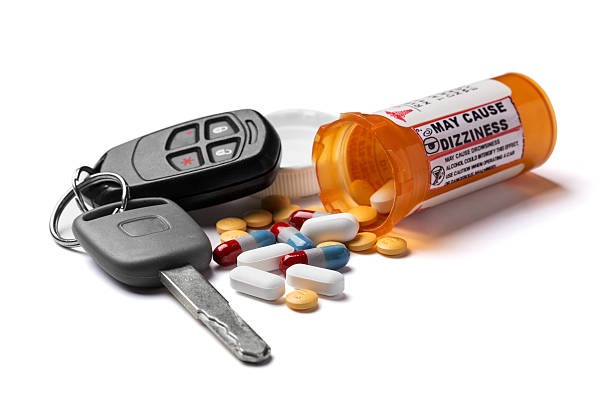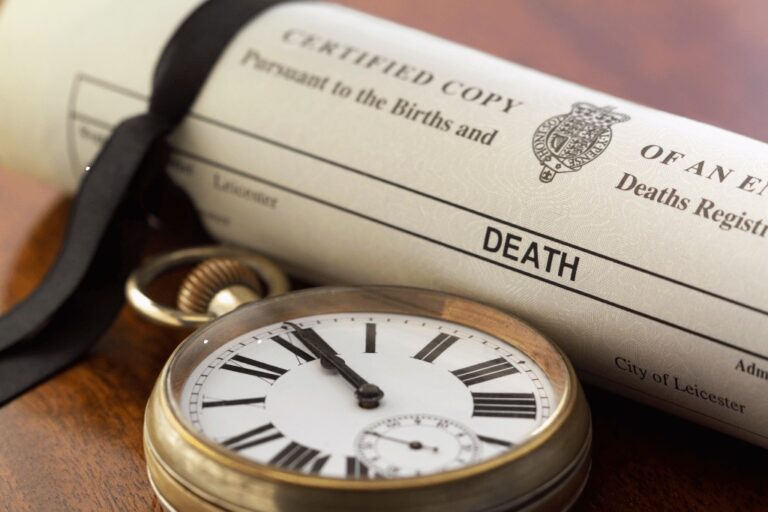Can You Get a DWI for Prescription Medication in St. Louis?
Understanding How Missouri Law Treats DWI and Prescription Medication
Many people are surprised to learn that a driver in St. Louis can be charged with a DWI even if they were legally prescribed and properly using medication. Missouri law doesn’t distinguish between illegal substances and lawfully prescribed drugs when it comes to impaired driving. If a prescription drug impairs your ability to safely operate a vehicle, you can face criminal charges for driving while intoxicated. This legal reality means that even if you’re not under the influence of alcohol or illegal drugs, you can still be arrested if law enforcement believes your medication affected your driving performance.
The state’s DWI statute is broad, covering any substance—whether illicit or prescribed—that impairs driving ability. This includes medications such as painkillers, anti-anxiety drugs, muscle relaxants, sleep aids, and even certain antidepressants. Police officers may initiate a stop if they observe erratic driving, and if you admit to taking medication, or if they observe signs of impairment, they may begin a DWI investigation. Therefore, understanding how Missouri handles DWI and prescription medication is essential to avoid potential legal trouble.
Common Prescription Medications That Can Lead to a DWI Charge
Certain prescription medications are known to impair motor functions, slow reaction time, or cause drowsiness, all of which can affect driving ability. Drugs that fall into the categories of benzodiazepines, opioids, and sleep aids are particularly likely to lead to impairment. Common examples include medications such as Xanax, Valium, Oxycodone, Ambien, and even some antihistamines or antidepressants. Even when taken exactly as prescribed, these drugs can compromise your ability to drive safely and legally.
A key issue with dwi and prescription medication charges is that many people assume that a doctor’s prescription serves as a legal shield. In reality, it does not. The responsibility still falls on the driver to know how a medication affects them. Driving after taking a new prescription for the first time—or combining prescriptions—can result in unintended side effects that create driving hazards. If an officer believes your driving is impaired by a drug, even one legally prescribed to you, you can still face arrest, charges, and potentially a conviction.
How Law Enforcement Determines Impairment from Prescription Drugs
Unlike alcohol, which can be measured using a breathalyzer, prescription drug impairment is more complex to identify and measure. In most DWI stops involving prescription drugs, officers rely on field sobriety tests, observations of the driver’s behavior, and sometimes Drug Recognition (DREs) trained to detect drug impairment. In many cases, if an officer suspects drug-related impairment, they may request a blood or urine test to confirm the presence of medications.
This process introduces a level of subjectivity that can complicate your defense. Medical conditions, fatigue, or nervousness can also affect performance. Unfortunately, many drivers find themselves charged with dwi and prescription medication offenses even when they are not significantly impaired. Once a blood test confirms the presence of a drug that can affect driving, prosecutors may move forward with charges, even if impairment was minimal or disputable.
Legal Consequences of a DWI Involving Prescription Medication
Being convicted of a DWI involving prescription medication in St. Louis carries the same potential penalties as any other DWI offense. This can include fines, license suspension or revocation, mandatory substance abuse treatment programs, community service, probation, or even jail time. If it’s a first offense, the penalties may be lighter, but repeat offenses or aggravating circumstances, such as causing an accident, can lead to more severe consequences.
Additionally, a conviction can result in a permanent criminal record, increased insurance rates, and professional repercussions. For individuals in sensitive careers, such as healthcare, commercial driving, or law enforcement, a conviction for dwi and prescription medication can have long-lasting impacts. Because these cases are often misunderstood by the public and even by some in the legal system, it’s important to treat any charges seriously and consult with a qualified criminal defense attorney as soon as possible.
Defending Against a DWI Charge Involving Prescription Drugs
Mounting a defense against a dwi and prescription medication charge requires a tailored legal strategy. Unlike alcohol-related DWIs, where impairment is more clearly defined, drug-related DWIs involve a range of variables. Your attorney may challenge the traffic stop itself, argue that the field sobriety tests were flawed, question the validity of the officer’s observations, or dispute the interpretation of blood test results. In many cases, the defense can argue that the presence of the drug in your system did not equate to actual impairment at the time of driving.
Further, if you were taking the medication according to your doctor’s instructions and had no prior issues, that context could be used to mitigate the charges or negotiate a favorable plea. It’s also possible to bring in medical person to explain how the drug affects your specific body chemistry, or to show that the observed symptoms were due to a medical condition rather than impairment. Because each case is unique, working with a legal team familiar with DWI and prescription medication cases in Missouri is essential for achieving the best outcome.
Conclusion
Driving under the influence of prescription medication can lead to serious legal consequences in St. Louis, even if the drug was legally prescribed and properly used. Missouri law treats impaired driving the same way, regardless of the substance causing the impairment. If you are facing a charge related to dwi and prescription medication, it is critical to take the accusation seriously and seek legal counsel. Rose Legal Services is committed to helping clients navigate the complexities of DWI law, ensuring that your rights are protected and your case is handled with the care it deserves.







